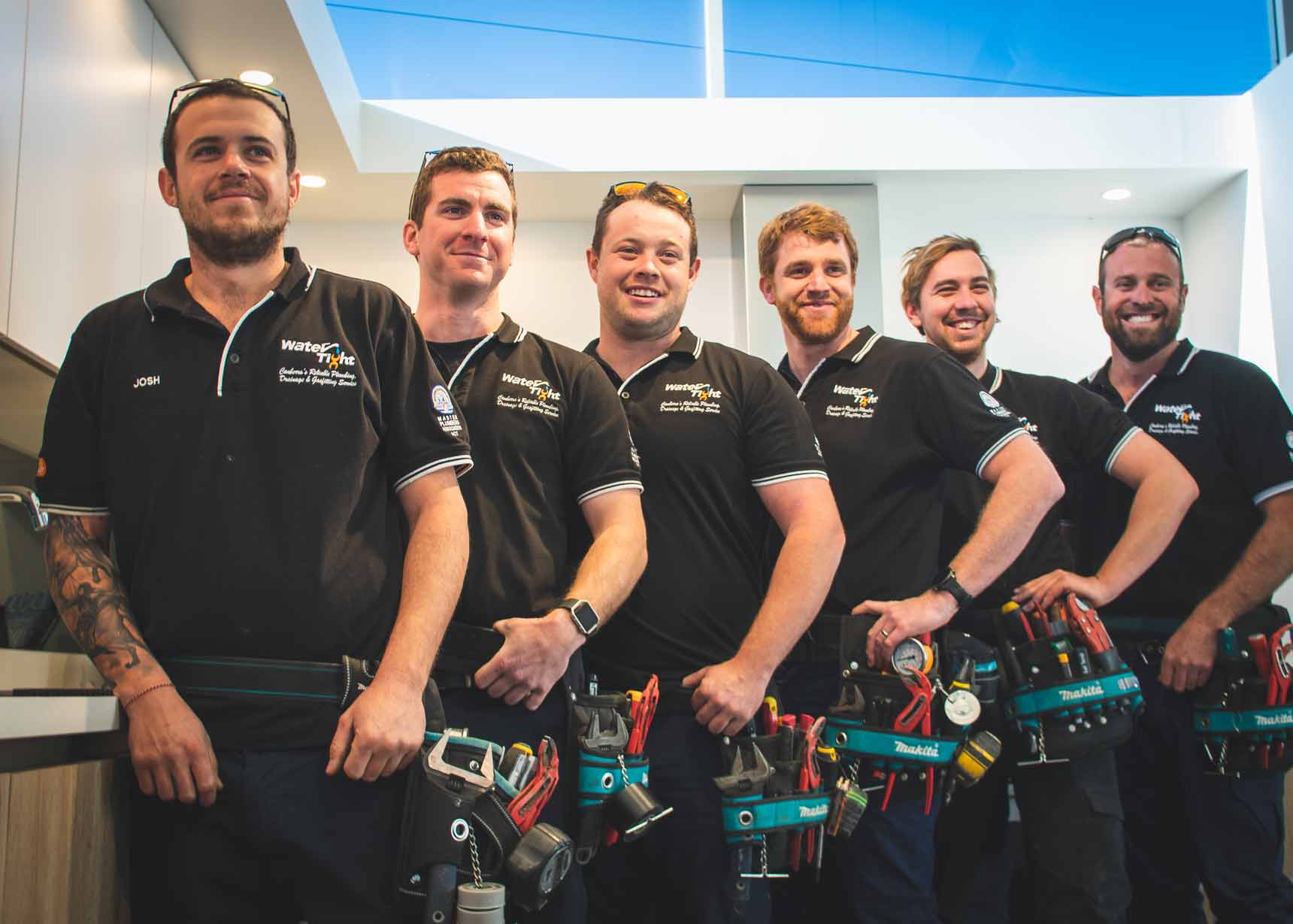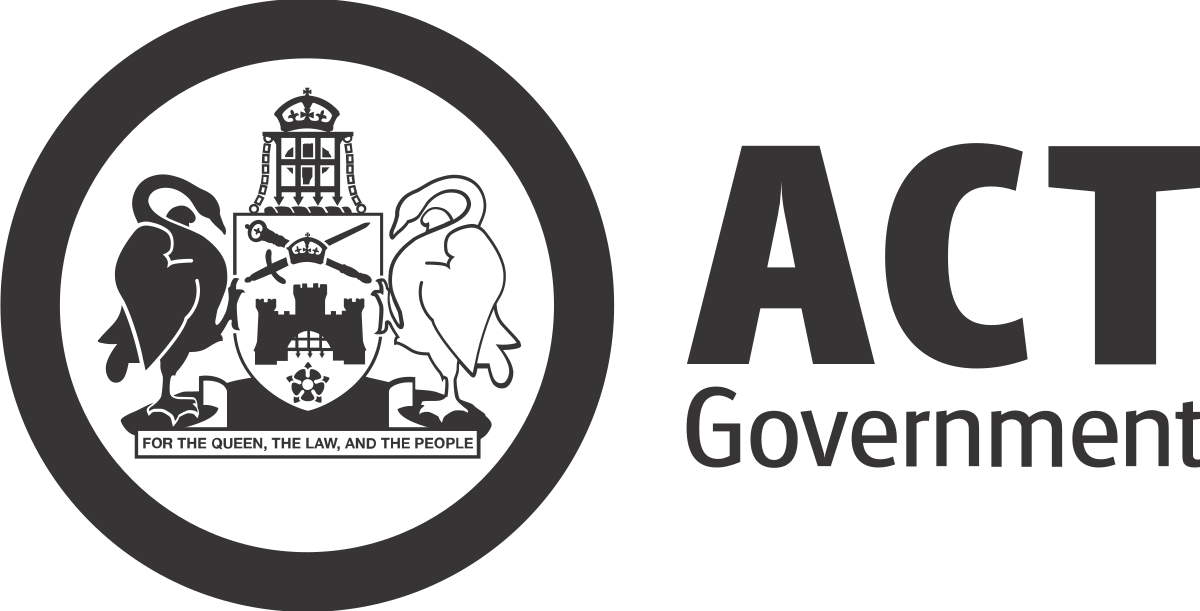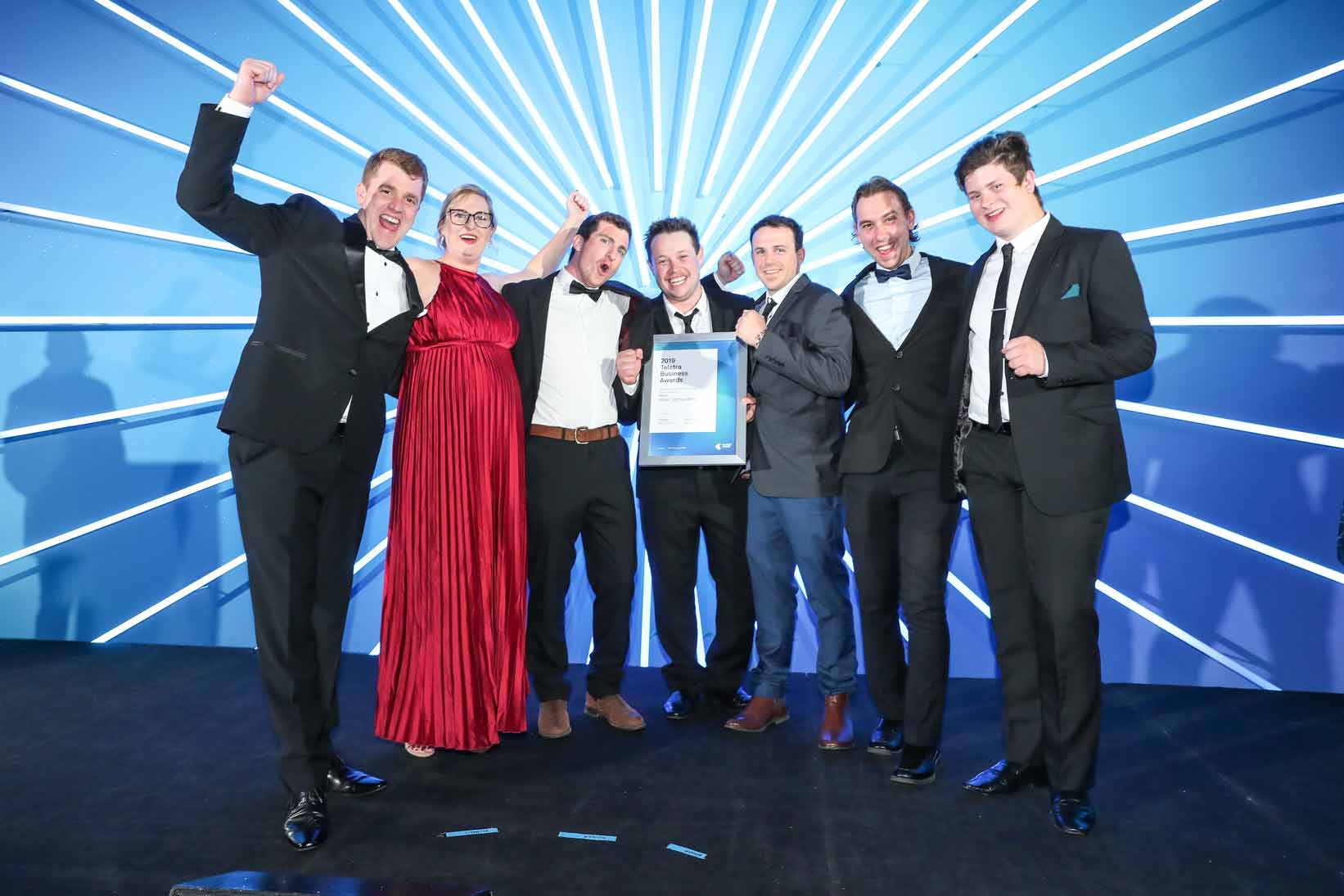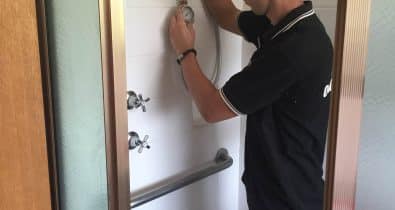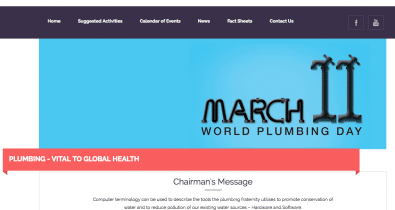I suppose before we touch on why you need a specialist, lets first take a look at why you need a Strata Plumbing Preventative Maintenance Plan in the first place.
Why You Need a Strata Plumbing Preventative Maintenance Plan
In this plumbers opinion, Plumbing is, without doubt, the most under-valued/under-considered vital service in a first world country. It is responsible for delivering safe potable drinking water to your taps, removing disease-ridden sewage wastewater without making people sick, efficiently moving stormwater/rainwater away from the building to ensure the footings are not washed out causing structural issues and cracking, treating contaminated waste water to protect our environment, and providing us with efficient hot water for sanitation and heating for our comfort.
Despite all of these important role’s that plumbing plays in all of our lives, a modern plumbing system is designed to be hidden away, out of sight and out of mind. How often do you take the time to appreciate that when you push a button those nasties in the toilet bowl disappear for good or when you turn a tap you have unlimited high-quality drinking water for prices so low you would consider it free. My bet is not often.
In Strata complexes, due to how vital these plumbing systems are, most of them are built with redundancy in mind. This allows for half of a particular system to breakdown whilst the other half can manage for a short period of time until the service technician/plumber attends to the site for the repair.
What types of plumbing systems require ongoing maintenance?
Pumps and Pump Out Wells
Pumps are one of the most vital pieces of equipment for a Strata complex to consider. They are used throughout almost all buildings and are responsible for task’s such as
– Chopping up sewage and pumping it to the sewage system and off the property. A failing sewer macerator pump system can cause your basement to flood with sewage. In this event, repairing the existing pumps may require the Auxillary pumping out so that the existing system can be worked on which add’s huge cost to the job.
– Pumping extremely large volumes of Stormwater, preventing an area from flooding and damage to property during rain
– Pumping water from a rain or grey water tank for irrigation or toilet use
– Circulating hot water around a building so that the hot water arrives quickly and efficiently.
In a standard pump system, you will have two pumps. If one of the pumps fail, the second pump can cope with the additional demand for a period of time whilst, providing you have an ongoing maintenance contract, with a reputable plumbing contractor, this failed pump will be identified and repaired on its next scheduled visit. Without an ongoing maintenance contract, the remaining pump is now taking twice the workload it was designed for and will likely fail far sooner than otherwise would be expected if both pumps where in working operation.
Pump out wells are normally very well hidden in a building’s basement. One of the easiest ways of identifying them is to find the pump controller, normally mounted to the wall near by, or to look at the hydraulic plans.
Stormwater Sumps and Drains
Stormwater sumps and drains are very easily forgotten when it is not raining. Part of a sumps design is to catch and store sediment, leaf litter, and any other rubbish that might make its way into the drain. If left unattended and without maintenance, all of the litter and debris that is stored in the sump will fill and then overflow and wash down the pipe. Eventually, the system will block and the stormwater system will surcharge and overflow, often causing significant damage to property. Clearing a blockage down the pipe requires specialist drain cleaning equipment. All in all, it is far cheaper to clear the drains regularly in a preventative maintenance plan as they were designed to do, than to deal with them only when the problems become obvious and blaring.
Backflow Prevention
Backflow prevention devices, such as DCV’s and RPZD’s, are probably the single most important plumbing device that ensures you have safe potable drinking water. These backflow devices are installed where known hazards exist and are designed to prevent the contaminated water from flowing in the opposite direction that the pipework is designed for which eventually leads to your home plumbing outlets. Failing backflow devices have caused death and serious injury.
Testable Backflow devices legally need to be tested and serviced every 12 months with the test results submitted to the Government.
Almost all Strata Properties have at least 1 testable backflow prevention device and some buildings have many more.
Hot Water
Some buildings have communal hot water equipment, where the water for all units is heated in a central plant room and then circulated around the building. This will be the case whenever there is not an individual hot water unit in your apartment.
Often, members of an exec committee compare their commercial system with a hot water unit in a standard residential home that serviced a single family and may have only required servicing once every 5 years.
A commercial hot water plant room requires far more servicing than a domestic system. These systems consume huge amounts of energy, sometimes more than 50% of the total energy consumption of the entire building. If left with minimal servicing, the running costs can go through the roof, the reliability of the system will plummet causing frequent and expensive breakdowns and the wear and tear of the infrastructure will be significantly more meaning the system will require replacing far more often than otherwise required.
Almost all hot water manufacturers provide recommended ongoing maintenance for these systems and require a plumber to service them at least every 6 months, often every 3.
Overflow Relief Gully
Overflow relief gullies are designed so that when a blockage occurs in the main pipework the surcharging sewage will overflow in an outside area rather than in someones home. There are strict requirements for the hight of these relief gullies to ensure this occurs. In the bottom of the gullies there is a pocket of water which prevents sewer gases from escaping causing terrible smells and even spreading disease. Pending on the design of the building, this may require the gully to be charged regularly by a hose tap so that the water does not dry out and the sewer gasses flow freely from the sewer main to someone’s backyard or the complex common area.
This is one of the simplest pieces of ongoing maintenance however often completely unknown to the residents, who will likely have been living for many years putting up with a terrible smell.
Sediment Traps and Aggregate Drainage Systems
Aggregate drainage systems are designed to catch groundwater and divert it into the stormwater system which prevents the water from causing building movement, structural and damp problems.
The sediment trap is installed every so often on the aggregate drain line. It allows any sediment that has made its way into the drain system to settle in the bottom of the sediment trap so that it can be removed during semi regular maintenance whilst the remaining water disappears down the pipework to the stormwater system. If these sediment traps are not serviced they fill up with sediment and then the aggregate pipe its self can solidify.
Trying to unsolidify an aggregate drain can be an extremely expensive issue and often will require the drain to be dug up and replaced. As this is normally under a concrete slab, the cost can go through the roof.
Water Treatment Systems
Waste water treatment systems treat the water prior to it entering the sewer system or water storage tanks. Failure to properly maintain these systems can lead to fines from the government or major damage to your onsite property or infrastructure.
So, to our original question,
Why you need a specialist for your Strata Plumbing Preventative Maintenance
Plumbing is, without question, the most complex and diverse trade in the building industry. It covers a huge array of fields including Water, Sanitary Drainage, Stormwater Drainage, Gas installations, Roofing, Pump installations, water treatment, and the list goes on. Each of these fields can be broken down into 100’s of sub-fields.
This is the reason it takes a minimum of 6 years to become a licensed plumber, and only 2 to 4 years for all other trades.
Amongst this huge array of fields, there are different industries within those fields, such as New house plumbers, New commercial plumbers, New townhouse plumbers, Commercial fitout plumbers, Commercial Maintenance Plumbers, Residential Maintenance Plumbers and so on.
Each of these fields has Safety courses that your plumbers are legally required to complete, and then on top of them, there is a huge list of speciality training you can dive into if you want to specialise.
To become an expert at all of these fields is just not possible. Most plumbing companies dabble in all of them and will do a commercial renovation on Monday, a new house on Tuesday, a bit of maintenance of Wednesday, install a roof on Thursday and catch up on paperwork on Friday.
Water Tight Canberra is 100% focused on Maintenance Plumbing Only.
To become an expert in Maintenance Plumbing, along with the 6-year plumbing trade license, there are many additional qualifications and courses that the professional need to undergo to ensure they are completely competent. This includes
– Completing a course and holding a Restricted Electrical License. This ensures they understand electrical systems, which are becoming more and more common in Strata plumbing systems, and also allows them to legally disconnect/reconnect plumbing appliances, such as pumps and hot water systems, without the need for a second tradesman to be on-site at the same time.
– Backflow prevention is an additional course and qualification that a maintenance plumber must have to legally service backflow prevention devices. This qualification will be attached to their plumbing license.
– TMV (Thermostatic Mixing Valves) is a specific valve that requires detailed maintenance on. Plumbers need to complete this course to be deemed competent
– Minor works with Asbestos – Only a maintenance plumber will come across asbestos, and hence will need the specialist equipment and training so that they can safely alter minor asbestos works protecting the residents and our tradesman
– Confined Space – In maintenance plumbing, we are often required to enter confined spaces which could contain dangerous gases. This requires us to have training and equipment in this field
– Hot Water Servicing – Hot water units these days are far more complex than the old systems. Plumbers that have not completed detailed servicing training have no idea how to service and maintain these systems. Most untrained plumbers will simply replace them when they fail. This could mean that a $2000 hot water boiler is being replaced due to a $20 sensor failing. It will also almost definitely mean the system is operating far less efficiently than it would if say the heat exchanger was cleaned or the gas pressures adjusted.
Equally as important to the additional practical skills and qualifications that a Specialist Maintenance Plumber has to gain is their ability to communicate and report in layman’s terms. Commercial and New Build plumbers spend all of their time talking with builders and other construction experts that understand their lingo. Specialist Maintenance Plumbers, however, spend all of their time communicating with people outside of our industry. Communicating with Executive Committee members and Strata Managers, either verbally, through a Zoom meeting or through a detailed site report, needs to be simple and clear. Nothing plumbers do is so complex that Exec members or Strata Managers are unable to understand unless they complete a certificate in plumbing first, and yet this seems to be what many non-maintenance specialist companies suggest. So often we hear that quotes or work are approved or not approved without the people making the decision understanding why the work is required at all. Similarly, some companies deliver scheduled maintenance reports that just don’t make any sense what so ever to someone who is not in this industry.
Communication in easy to understand layman’s terms is a skill that we take a lot of pride in and something that we have put deliberate effort into learning. Our reports are so simple that anyone can review them and understand if there is an issue, and if there is, how serious the problem is or is not.
For more complex issues, we often join EC meetings via Zoom or Skype and take part in a discussion on the plumbing system.
Water Tight Canberra are the Canberra Strata Plumbing Maintenance Specialists.
If you would like to discuss your complex, or portfolio, with us, please get in touch and ask to speak with Tom or Nathan.
